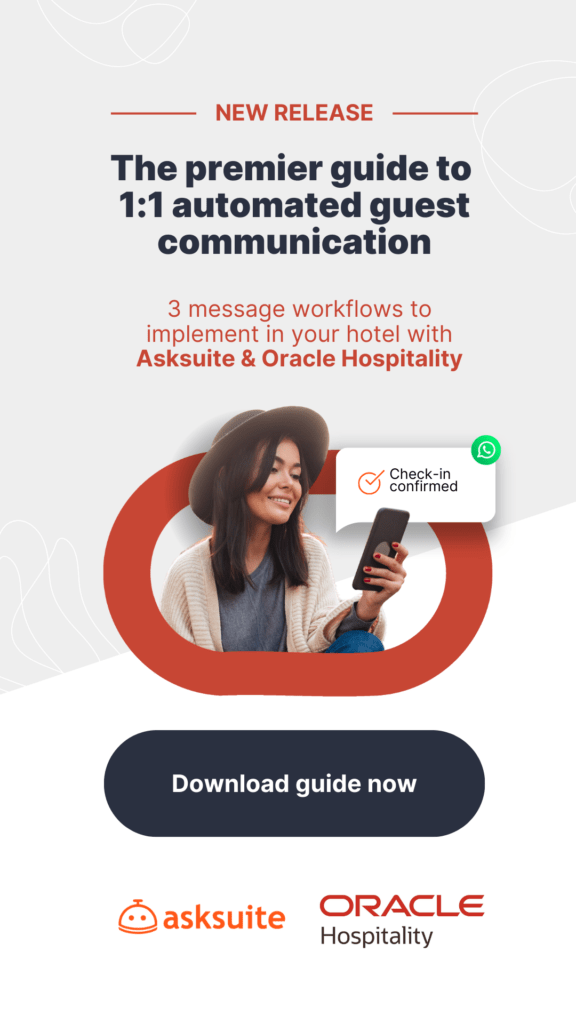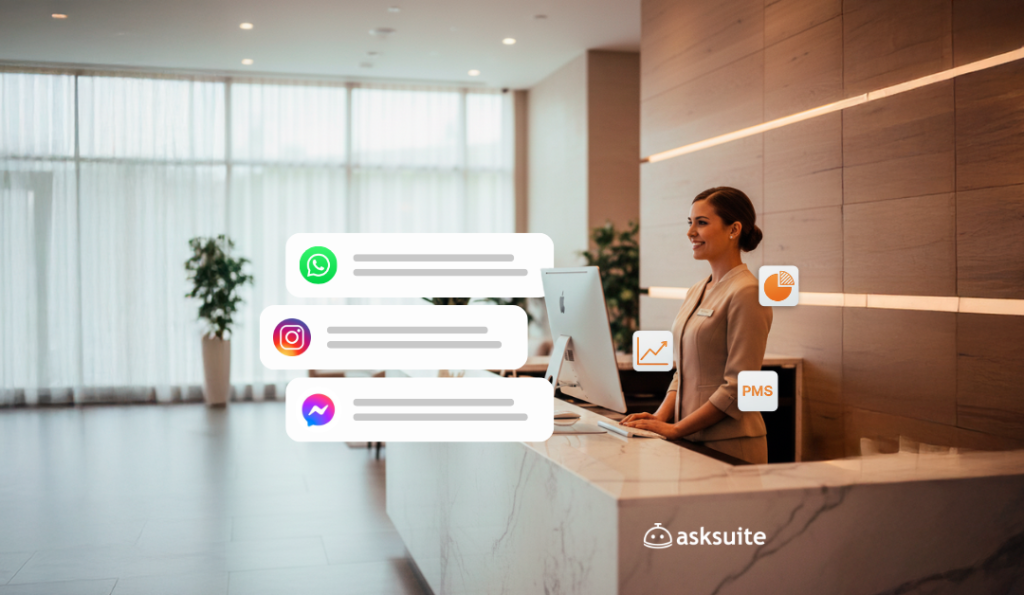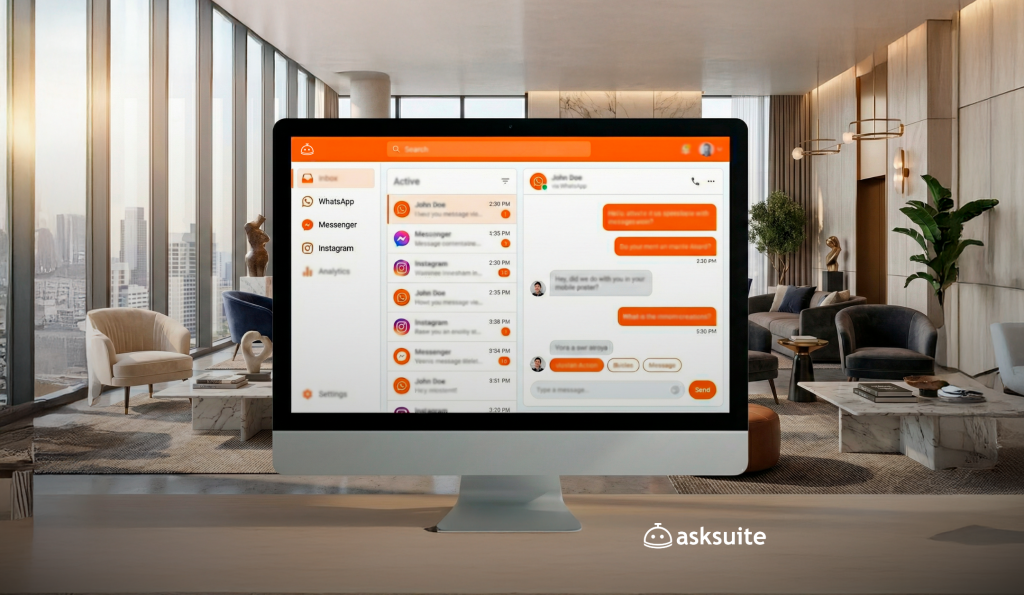Hotel website content remains one of the fundamental pillars of a strong marketing plan that all businesses in the hospitality industry should never ignore.
It is an essential element that encourages your guests to stay longer on your website and book a stay in your hotel instead of going to your competitors.
Moreover, well-written content can transform your target audience from website visitors into actual guests.
After all, an exemplary story conveys the promise of a good guest experience. When you can create anticipation through words effectively, you can make people feel curious and excited, increasing the chances that they will stay at your hotel.
With these in mind, it pays to always include posting high-caliber content on your website in your marketing priorities.
It is also a good idea to incorporate copywriting costs in your marketing budget to ensure your website visitors find your content appealing, interesting, and engaging.
Content That Works for Your Hotel
If you want to create content that website visitors will find engaging and drive them to take the action you want them to make, follow these tips:
Know how to write compelling ads and articles from a specialist! Juliana Hahn is a content creator and copywriter, and she specializes in writing for the hospitality and tourism industry. She helped us put together a hotel website copywriting guide for quick improvement in your marketing strategy. Download now!
1. Focus on Your Guests’ Needs
When visitors open your website, your content should connect with them instantly. When this happens, you boost your chances of getting them to book at your hotel, or the very least, chat with a reservation agent.
Unfortunately, flooding your website with your top features won’t sustain your visitors’ interests. However, you can capture their interest and boost their engagement if you focus on the amenities, attractions, and benefits they are most interested in.
For instance, if your target market is business travelers, your hotel website content should focus on what they care about the most: your location and the convenience you offer.
This means having content on the homepage and other pages that let visitors know how near you are to the airport, transportation hubs, and popular event venues.
If you are unsure about the primary needs of your target audience, read online reviews of your previous guests to find out if your hotel met their expectations or if you were unable to answer their needs during their stay.
Also, you can email short post-stay surveys to all your guests or have your staff ask them what they enjoyed most about their stay when they check out.
Once you have these details, think about how you can incorporate content that highlights these features and benefits strategically throughout your website.
2. Speak Your Audience’s Language
Although knowing what your visitors want to read on your website can capture their interest and boost their engagement, you won’t be successful in doing so if you can’t speak their language.
If you want to achieve this goal, you have to learn your audience’s language and create and follow a specific tone of voice that they can relate to.
Start by finding out what language your target audience uses and the tone of conversation they prefer. Do they respond to a friendly, conversational style or a more formal approach?
However, try to avoid going the easy route of adopting an all-around tone of voice. Get to know your audience well and choose a style that shows you understand them on a deeper level. When you do, they will be able to relate and be more engaged with your messaging.
Tired of looking for the best ways to convert more bookings on your hotel website? Asksuite & Umi have joined forces to help your website stand out and make direct reservations go sky-high with a curated selection of guides and materials, which you can download for free: [Download Now]
3. Tap Into Your Audience’s Emotions
Most of the time, planning a holiday is an emotionally driven process. Holidaymakers want to get some much-needed rest, experience a new, exciting sport, or simply escape their daily activities.
Use this fact to your advantage and post your hotel website content in a way that taps into your audience’s feelings and sells your experiences on an emotional level.
Use words to create images that help your visitors visualize what it’s like to stay at your hotel. Aside from describing your amenities and features, explain what it feels like to relax in your suites, hang out at the pool, or dine at the in-house restaurant or café.
However, remember that you are not writing a novel, so make sure you don’t go overboard with your descriptions and sentences. But whenever appropriate, use language that sparks your audience’s imagination and makes them curious to take up the experience you are describing.

4. Optimize Your Hotel Website Content
Incorporating the right keywords in your content is also crucial when it comes to having a website that works effectively as a marketing and branding tool.
However, you have to follow the best practices for adding keywords to your content. If you simply stuff them in your articles, they will make your content sound spammy and unnatural.
Moreover, when you use the same keywords repeatedly, your website might be flagged and penalized by search engines for keyword stuffing.
To create SEO-optimized content, use an online tool to conduct keyword research. Make a list of both the less specific broad keywords with high search volume and more specific long-tail ones with lower search volume.
Once you have a list, choose the most relevant keywords you can incorporate in your content without sounding unnatural or forced.
If you are having difficulties adding certain keywords to an article, skip them. Keep in mind that it is better to have fewer keywords than risk the quality of your content and be penalized.

5. Be Consistent
Once you know what your audience needs, identify your tone of voice, and understand how to incorporate keywords and how to tap into their emotions, integrate these elements in all content throughout your site. That way, visitors will notice the uniformity.
Doing so ensures your visitors won’t doubt the veracity of your content. The cohesiveness of your posts will encourage them to engage with your team.
Practice consistency in your marketing materials and tools as well. Make sure you use the same tone of voice and other elements on your social media posts, emails, and newsletters.
When you do, you give your target audience customers a consistent experience wherever they encounter your hotel on their digital journey. And this will help your brand become more recognizable, enabling you to stand out from your competition.
Additionally, being consistent can also help you build credibility since consumers associate attributes like attention to detail with professionalism.
Creating content specifically for your hotel can be daunting. If you have already included copywriting costs in your marketing budget, hire a freelance copywriter who has experience producing content for businesses in the hospitality industry.
Doing so allows you to have content on your website that sustains the interest of visitors and encourages them to book a room at your hotel.
Do you want to improve your hotel website performance and convert more direct bookings? Check out our masterclass about marketing for hotels! In this workshop, International Content Marketing Specialists will give proven SEO & Copywriting strategies to boost your hotel website’s conversions.
About the author: Hisham Wyne is an award-winning copywriter, brand consultant, and content creator based in Dubai. He has over a decade’s experience in helping brands get their messages right. From crisp web copy and zippy brochures to in-depth company profiles and analytical annual reports, Hisham makes words work for you – so you can sell better, gain visibility, and give your brand a unique voice. During his time in the Middle East, Hisham has collaborated extensively with blue-chip companies including Twitter, Microsoft, LinkedIn, Harley-Davidson, and Aston Martin, and helped government concerns such as the Dubai Internet City, in5 and the Dubai Design District.






